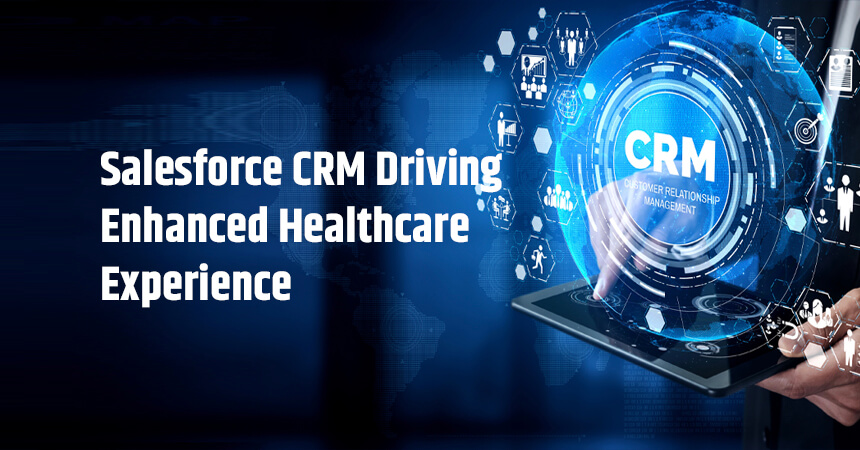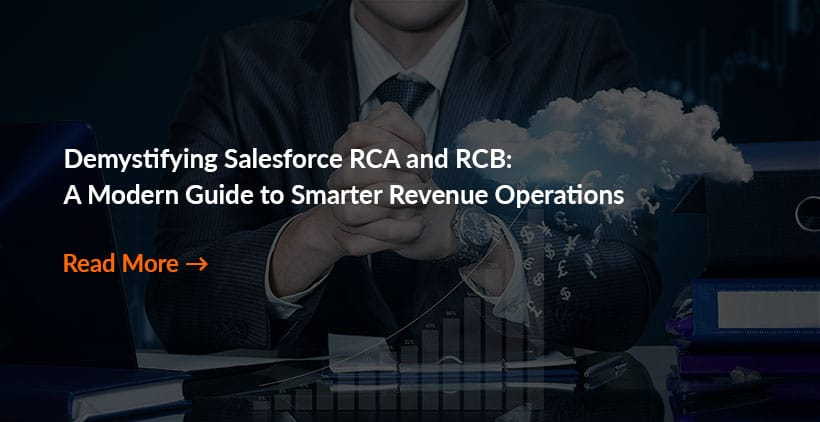Healthcare institutions today are more focused on enhancing patients’ health and optimizing their internal systems. However, they still depend on legacy systems, which hampers innovation. This strategy proves ineffective as today’s patients seek comfortable access to healthcare and personalized treatment. A complete CRM system tailored to these demands can resolve this obstacle by offering precisely what both patients and healthcare organizations want.
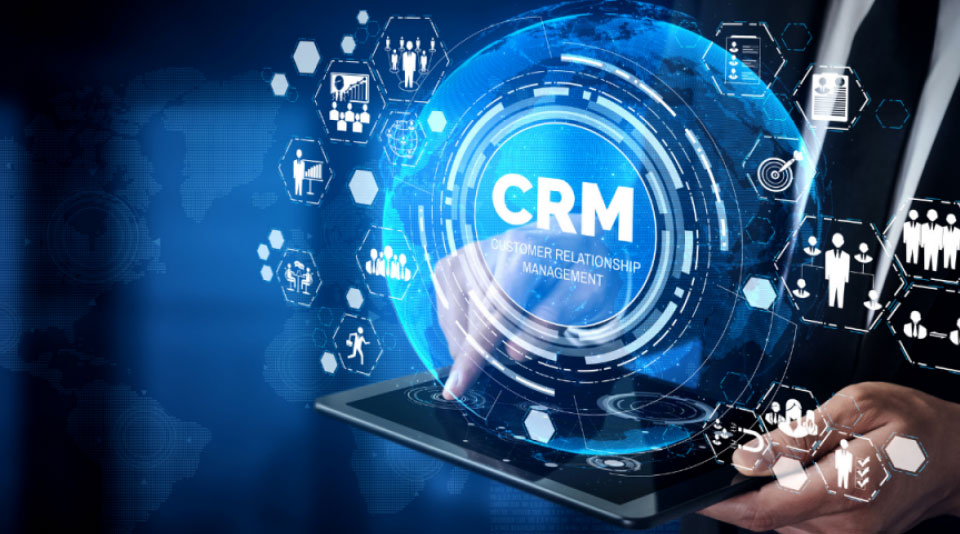
Several healthcare institutions began to understand the value of CRM and embrace it. The global healthcare CRM market is forecasted to reach $20 billion by 2023, according to MarketsAndMarkets.
A Sneak-Peak into Salesforce Healthcare CRM
Salesforce Healthcare CRM is a complete solution, targeting healthcare institutions that want to separate themselves by offering a better patient experience. This CRM tool helps healthcare hospitals build one-to-one relationships with their current patients and draw new ones.
Salesforce CRM allows building comprehensive patient profiles and obtaining an in-depth picture of a patient’s health using Einstein-based analytics.
The tool also helps to segment patients into groups based on their health requirements. Additionally, it grants a reliable platform for storing patients’ electronic health reports and making them available to all authorized individuals.
The Rise of Intuitive Surgical
Intuitive Surgical is an advanced healthcare company that launched the da Vinci Surgical System in the late 90s. As the business developed, their current customer management system, based on spreadsheets, was no longer viable. They started looking for more effective options to handle their sales and plan for a better tomorrow. This was when they adapted to Salesforce.
For Intuitive Surgical, Salesforce CRM became a sound system for saving and analyzing different patient-related data types and producing relevant insights in real-time. Moreover, they gladly embraced the Chatter choice that enabled safe and fast interaction between its salespeople.
Salesforce CRM functionalities that set them apart!
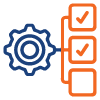
Task Management
The Salesforce CRM task management segment enables the clinical staff to add and delegate tasks, assign priorities, etc. The module carries a chatting functionality and extends a reliable and centralized place for discussions with co-workers, other providers, and patients.

Communication
Salesforce CRM strives to extend a safe setting for conversation inside the healthcare institution and with patients. It involves scheduling meetings, tracing formal communications by phone and email, and simply chatting with co-workers about beneficial books and workshops.
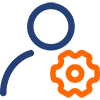
Patient Profile Management
This segment lets healthcare staff build patient profiles and modernize existing ones. The patient profile includes contact data, demographics, reports of medical situations, former and planned meetings, etc.
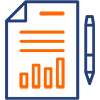
Reporting
This module is accountable for creating custom reports, like a patient’s adherence to the medication plan, campaign Return On Investment, and referral patients’ dashboard.
How Salesforce creates new opportunities? & Benefits?
Healthcare institutions are wary about advertising their use of CRM since it is a well-known sales tool. However, Salesforce CRM brings benefits like helping healthcare departments establish their internal processes, enhancing their relationships with patients, and drawing new patients.
- Salesforce CRM offers many chances to stay in touch with the patient and enhance their health management engagement. Salesforce CRM automates medication consumption reminders and follow-up emails with health advice and healthcare services related to their health.
- Health care workers are not always open to answer phone calls and emails, even though patients might have such needs. Salesforce has an intelligent chatbot that can respond to patients’ concerns and comfort them.
- Salesforce helps tracking and management of referral patients. Suppose it identifies that the patient hasn’t planned for an appointment. It will inform the healthcare facility to reach out to the patient and continue the disrupted care.
- Salesforce CRM enables including several security mechanisms to protect patients’ health data. It involves data encryption, multi-level authentication, HIPPA-compliant data storage, and digital signature.
- Salesforce enables effective and reliable communication workflows. It serves as a well-protected centralized center for precise record-keeping across touchpoints.
- Salesforce CRM can gather and update a patient’s payment details and produce bills. It incorporates analytical tools allowing real-time tracking of the payment. It will enable the healthcare department to schedule automatic warnings if the payment is not completed on time.
